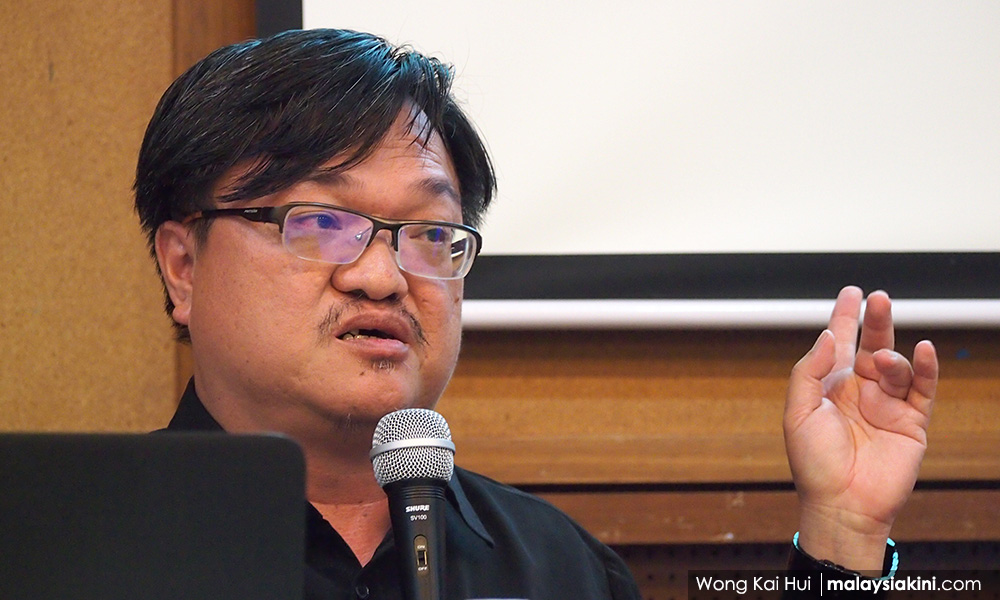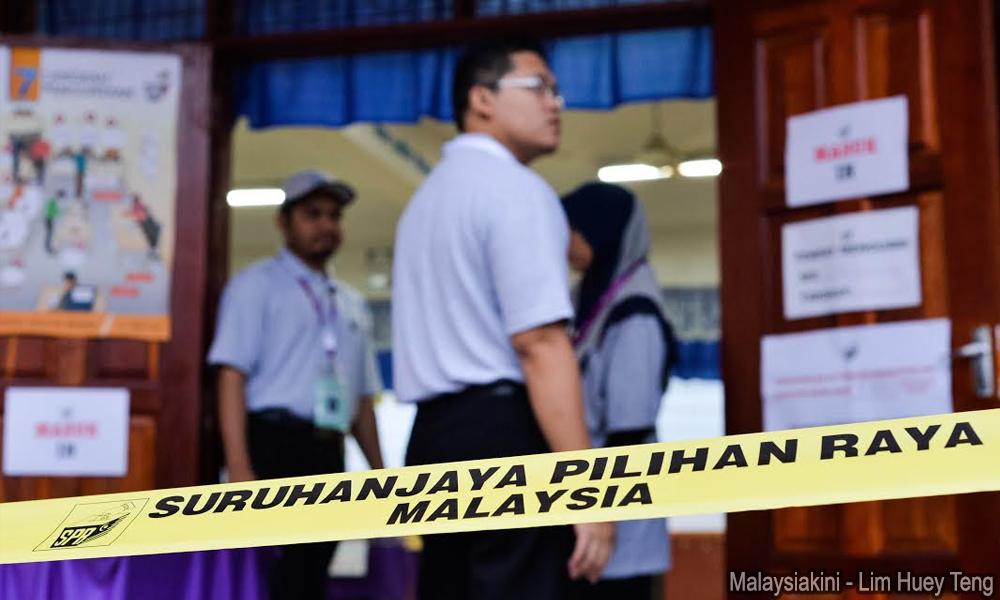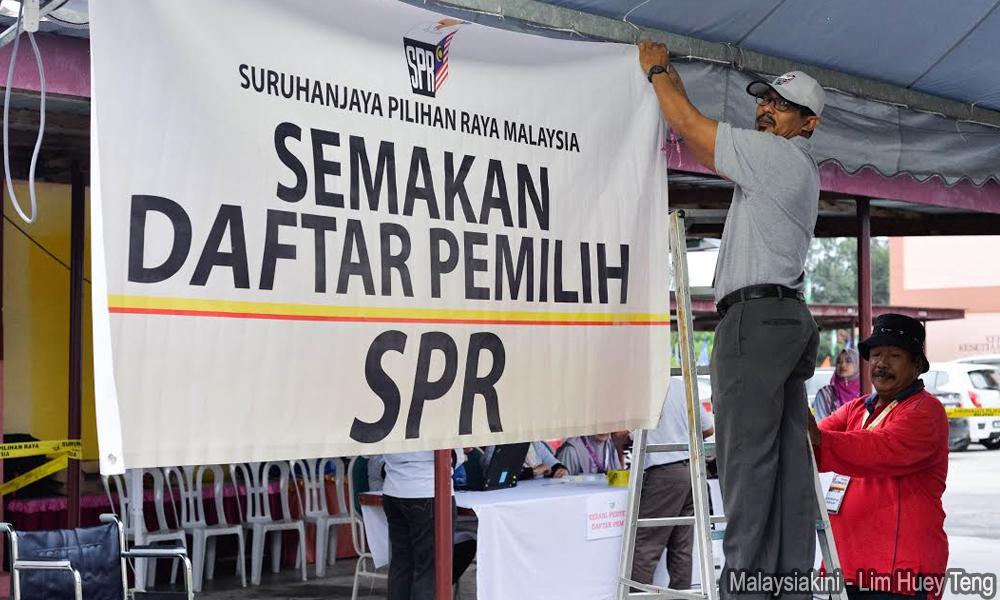
The Election Commission’s (EC) latest proposal for Selangor’s electoral boundaries will still leave BN at a slight advantage, political scientist Wong Chin Huat said.
Although the newly proposed boundaries would leave most of Selangor unchanged since the last general election, Wong pointed out that BN would still benefit from the gerrymandering and malapportionment that have been in place prior to the redelineation exercise.
“In brief, it doesn’t get much worse (as bad as the EC wanted it), but nor does it get better, compared to the 13th general election.
“Pakatan Harapan would still be at a disadvantage (as Pakatan Rakyat was) in the 13th general election, but not much as feared (as with the first proposal).
“This is because the constituencies remain largely the same. For example, Sabak Bernam still has 37,000 voters while Kapar remains at 147,000, so BN will still enjoy benefit from past malapportionment and gerrymandering,” Wong told Malaysiakini when contacted yesterday.

Gerrymandering is the redrawing of electoral boundaries such to concentrate an opponent’s supporters in a handful of seats to make the other seats easier to win; whereas malapportionment is to make the number of voters in each constituency vastly unequal, which dilutes the value of votes in more populous constituencies.
The Selangor government and many voters have opposed to the EC’s first proposal on grounds that it exacerbates both malapportionment and gerrymandering.
However, the EC yesterday unveiled a new proposal that would affect only five parliamentary constituencies in the state, as opposed to 18 in the original proposal.
The new proposal is currently under an objection period until the end of Feb 14.
Wong, who heads Penang Institute’s political studies programme, credited objectors in Selangor and civil society initiatives such as the Delineation Action and Research Team (Dart) for causing the EC to backtrack on its proposals.

“This shows the 116 qualified objections filed in Selangor have reversed much of the malapportionment and gerrymandering initially proposed by the EC.
“However, this also retains much of the malapportionment and gerrymandering that contributed to the 13th general election outcome,” he said.
Dart is a joint initiative by the Bersih coalition and the NGO Engage to conduct training workshops on the EC’s redelineation exercise and how to challenge its proposals.
Wong said more than 800 objections had been filed against the EC’s proposals throughout West Malaysia, and the EC had also backtracked on its proposals in states such as Perak, Pahang and Terengganu, albeit to different degrees.
-Mkini


No comments:
Post a Comment
Note: Only a member of this blog may post a comment.